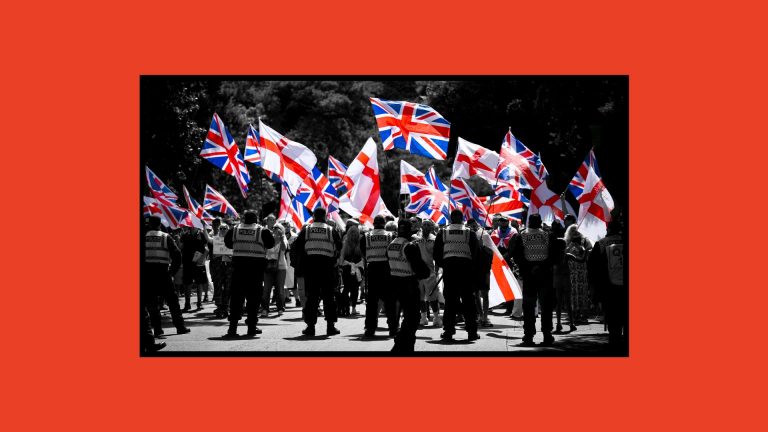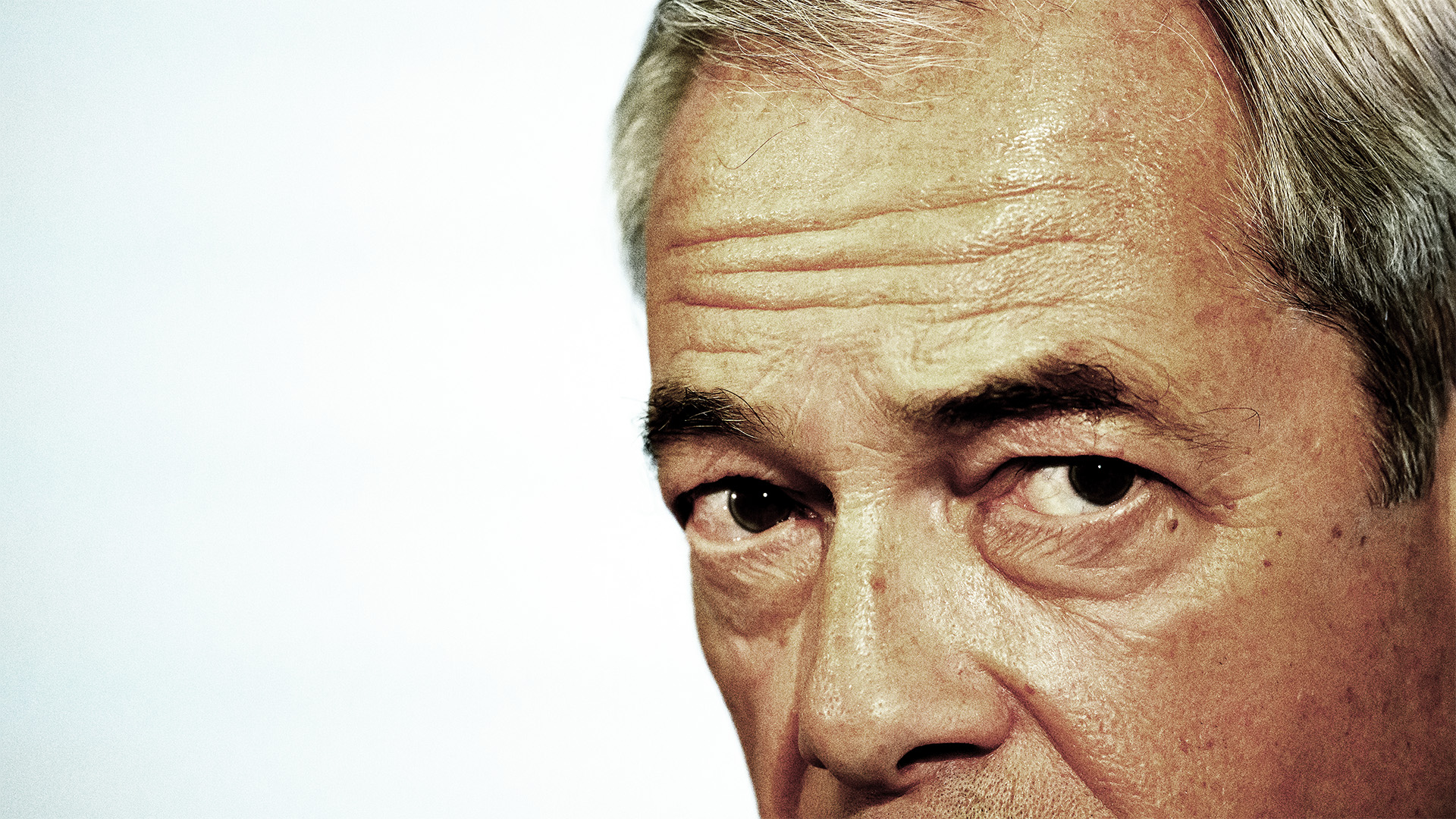Nigel Farage has mastered the art of political power without responsibility. When he helped secure a win for Leave in the 2016 EU referendum, he secured the ambition that had brought him into politics – but never had to grapple firsthand with the consequences of that decision.
Through the Brexit Party, Farage wielded significant influence on the shape of the Brexit process and deal, all the while retaining the ability to wash his hands of any negative consequences of policies, for the simple reason he wasn’t part of the governments that enacted them.
Anything Farage directly controlled has tended to collapse acrimoniously. His previous parties have always imploded as he has failed to build them into genuine movements bigger than himself. Anyone who builds up a rival power base or otherwise crosses Farage ends up as his political enemy. The right wing of British politics is increasingly full of such people.
Now, Farage is making his play to actually be in government. He is finally polling at such a level where prime minister Farage is a real possibility.
He is relying on immigration to be the issue that gets him over the line – but any honest reappraisal of Farage as a typical politician, rather than an everyman outsider, shows that he bears more responsibility for the UK’s current immigration ‘crisis’ than almost anyone except Boris Johnson himself.
The reality of Farage’s track record on immigration is that his calls have either been shown to be either cynically dishonest or else straightforwardly wrong. One of the most infamous moments of the 2016 referendum campaign was when Nigel Farage posed in front of a “BREAKING POINT” poster, showing a huge queue of non-white refugees massed at the European border.
2016 was a very different time than today, when that poster would barely be noticed amid the mainstream anti-migrant rhetoric. At the time, it was condemned by politicians from all major parties, more than one of whom noted its resemblance to some Nazi propaganda efforts.
Farage’s argument on migration in the 2016 referendum also relied on the idea that Turkey was imminently going to join the EU, which would trigger millions more Turkish immigrants arriving through free movement. Remain tried in vain to argue that Turkey was not going to join the EU any time soon. Nine years on, with Turkey further from EU membership than ever, we can see which side was telling the truth.
These inflammatory and false claims on immigration were vital to securing a win for Leave in the Brexit referendum, as even its architects admit. Dominic Cummings suggests immigration was as vital to the win as the infamous NHS bus claims. “Would we have won without immigration? No,” he wrote. “Would we have won without £350m/NHS? All our research and the close result strongly suggests No.”
Farage, then, was a key figure in escalating immigration as an issue in the minds of the British public and then in presenting Brexit as its solution. By never being part of government, he was then able to reject any particular version of a Brexit deal – and the real-world consequences of them – by saying it wasn’t what he would do.
But then Boris Johnson turned the 2019 general election into an effective referendum on his particular Brexit deal – and Farage agreed a non-aggression pact with Johnson during that election campaign. Farage’s Brexit Party agreed not to run candidates against any incumbent Conservative who supported Johnson’s deal.
Farage stopped short of openly endorsing Johnson’s deal – he regularly attacked it – but he was instrumental in helping it pass and directly contributed to that. By not including any measures to replace the EU’s Treaty of Dublin obligations – which governed which EU countries process particular asylum seekers, Johnson’s Brexit deal removed any incentives for France to stop small boat crossings to the UK, directly fuelling that crisis. Neither Johnson nor Farage saw it coming, despite warnings from the people they branded “Project Fear”.
Suggested Reading


Britain’s real immigration scandal is not the one you think
Johnson’s other flagship immigration policy was to introduce an “Australian-style” points-based immigration system, which Farage welcomed as “a very big step in the right direction” when it was announced in 2020.
In practice, because of skills shortages in key professions across the UK – including a major shortage of doctors, nurses and care workers for the NHS and social care – Johnson’s system led to a massive increase in non-EU immigration. Some commentators have noted that this not only led to greater numbers of migrants, but also changed the mix of who was arriving in the country to work – often replacing Europeans with people from Africa and Asia.
For a decade, Farage has largely got what he wanted, and none of it has worked. Brexit has been a deadweight, dragging down the UK’s already sluggish growth. The vaunted points-based immigration system didn’t reduce numbers, because the UK has disastrous skills shortages. Johnson’s Brexit deal fuelled the small boats crisis that Farage seized upon to get to his current political popularity.
Farage has danced around any kind of responsibility for the consequences of his actions, or for his own inability to understand how policy on immigration – his number one issue – actually works. He had little in the way of actual answers when announcing his mass deportation plans. His costings make no sense. He says asylum seekers will be kept on military land, but has no idea which military land, where, or how. He said he would deport all asylum seekers on Tuesday, then u-turned and said women and children would get a temporary reprieve on Wednesday.
He is, in other words, playing political games with people’s lives, and doing so when the UK has a resurgent far-right threatening violence. Despite this, neither Labour nor the Conservatives seem to have even the beginnings of a playbook against him on this.
If neither party is willing to actually make a positive case for immigration, or for the UK doing its duty towards legitimate refugees, or even to argue that the UK government shouldn’t do deals with the Taliban, perhaps they could at least try taking Farage on over the consequences of his own advocacy.
Nigel Farage has spent a decade getting his own way on immigration. Look where that’s got us.









